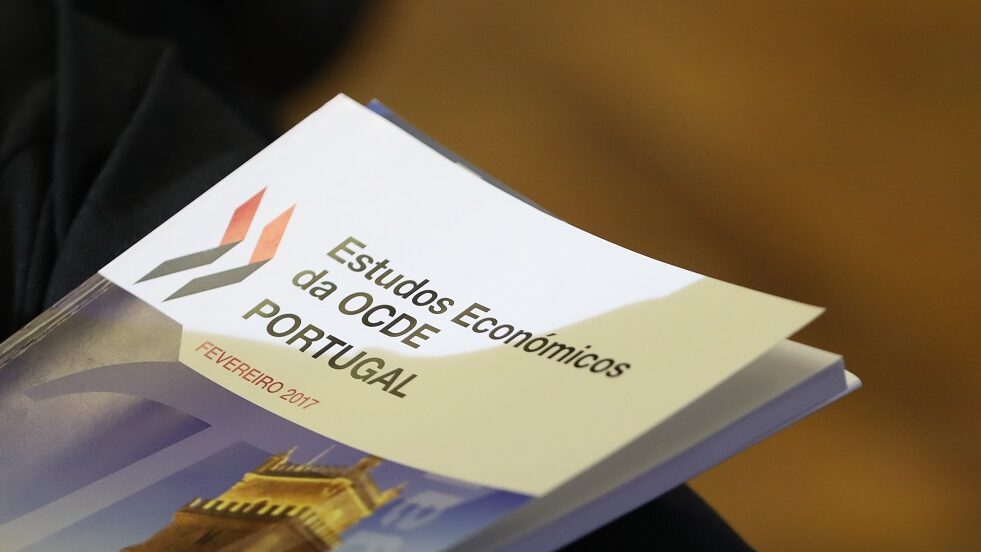OECD warns against rapid increase in Portugal’s minimum wage, reversal of labour reforms
"The government should also avoid increasing firing costs abruptly, which would discourage job creation, and increasing the legal minimum wage rapidly," reads the OECD's latest Economic Outlook.
The Organisation for Economic Cooperation and Development (OECD) has spoken out against the rapid increase in Portugal’s minimum wage, as well as considering it “important to avoid reversing past labour market reforms” on the grounds that this could “undermine a sustainable recovery” in the wake of the Covid-19 pandemic.
“The government should also avoid increasing firing costs abruptly, which would discourage job creation, and increasing the legal minimum wage rapidly,” reads the section on Portugal in the OECD’s latest Economic Outlook, released on Wednesday.
According to the OECD, in the long run, these policies “would reduce job opportunities for low-skilled workers in particular and feed into inefficiently high labour costs in the longer run.”
For the Paris-based multilateral organisation, it is also “important to avoid reversing past labour market reforms, which can undermine a sustainable recovery.”
The OECD projects growth in gross domestic product this year of 4.8%, next year of 5.8%, and in 2023 of 2.8%.
The organisation expects “significant job losses” in some sectors of Portugal’s economy, while “other sectors are increasing vacancies, which may not be easily filled due to job-skill mismatches.
“Such job reallocation can be facilitated by strengthening public employment services and upskilling and reskilling programmes,” suggests the OECD, while warning against sharp cost increases.
As for employment, it sees this rising slowly, as many jobs have been protected by job retention schemes, and firms have responded by increasing working hours, at least initially.
For the forecasts now released, the OECD did not include measures such as adjustments in corporate income tax and higher salaries in the civil service, after parliament rejected the government’s proposed State Budget for 2022.
The reversal of some labour legislation brought in by previous governments, as well as an increase in the minimum wage beyond the level proposed by the minority Socialist executive, were at the centre of the parliamentary debate that led to the Budget being rejected.
More recently, after the rejection of the Budget, the governing Socialist Party and main opposition Social Democrats voted down bills tabled by the Left Bloc and Communist Party on the reinstatement of overtime pay and another by the Communists to combat casual employment.
The bills, which had been approved on the first reading with the votes of the Socialist Party, were rejected in committee on 24 November.
At issue was a Communist bill that would have set limits on fixed-term contracts – reducing the situations in which a company can use these, as well as the maximum number of renewals – and changed the trial period, returning to the 90 days that had been in force until the amendment of the Labour Code that took place in 2019.
Also voted down were Left Bloc and Communist bills aimed at restoring the rules in force until 2012 regarding the payment of overtime and time off in lieu.
The Communist bill to combat casual employment was rejected in a plenary session after avocation, a procedure in which a vote on the committee stage is taken by a plenary session.


